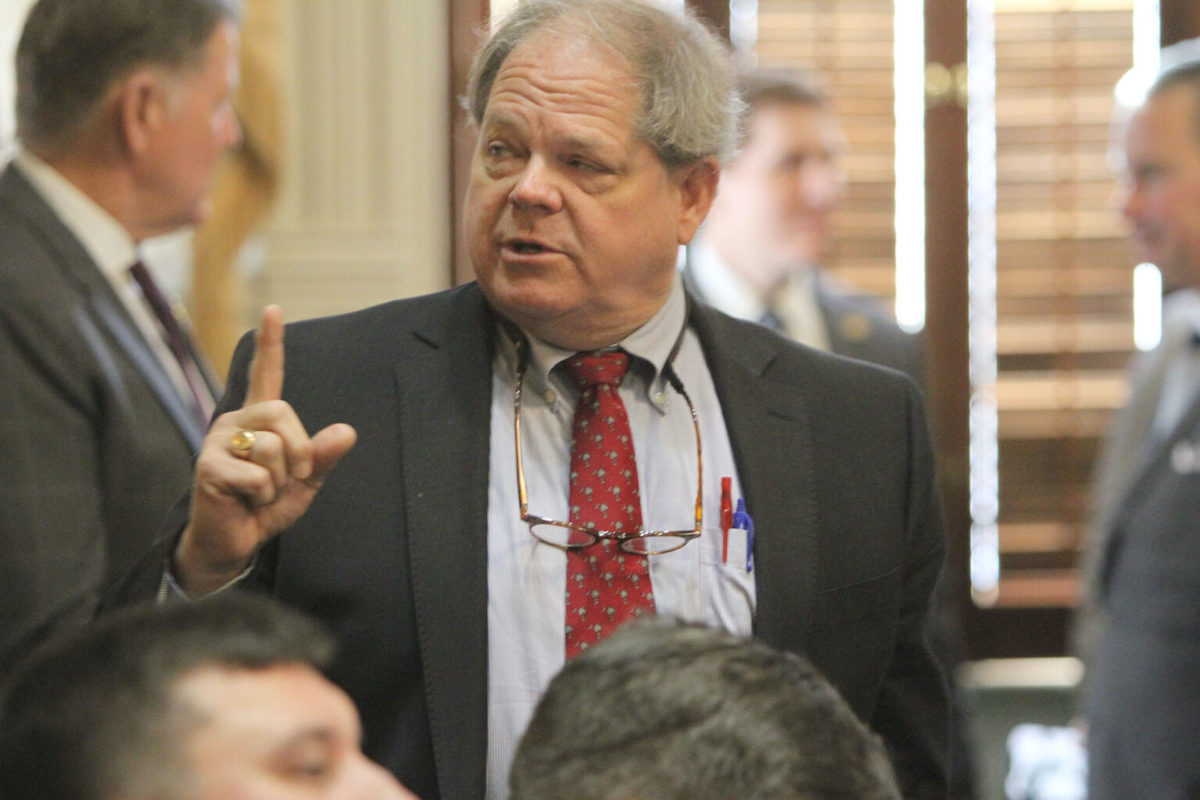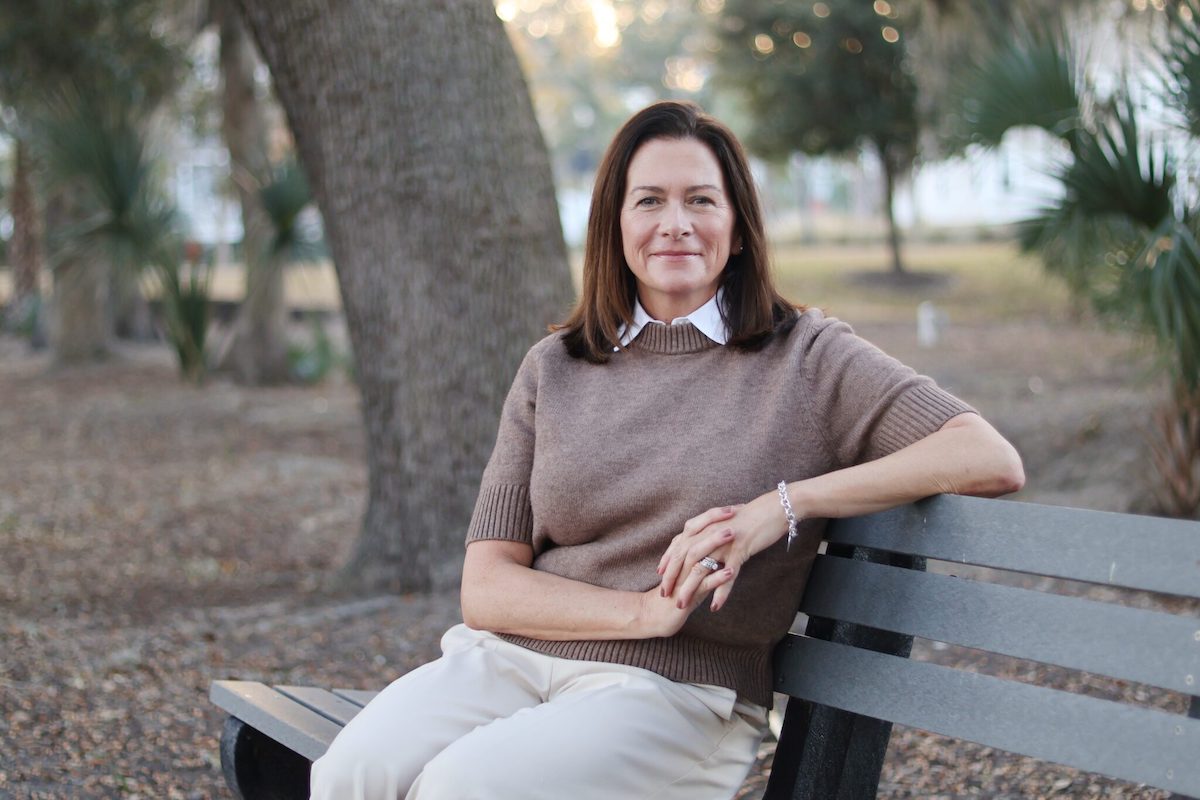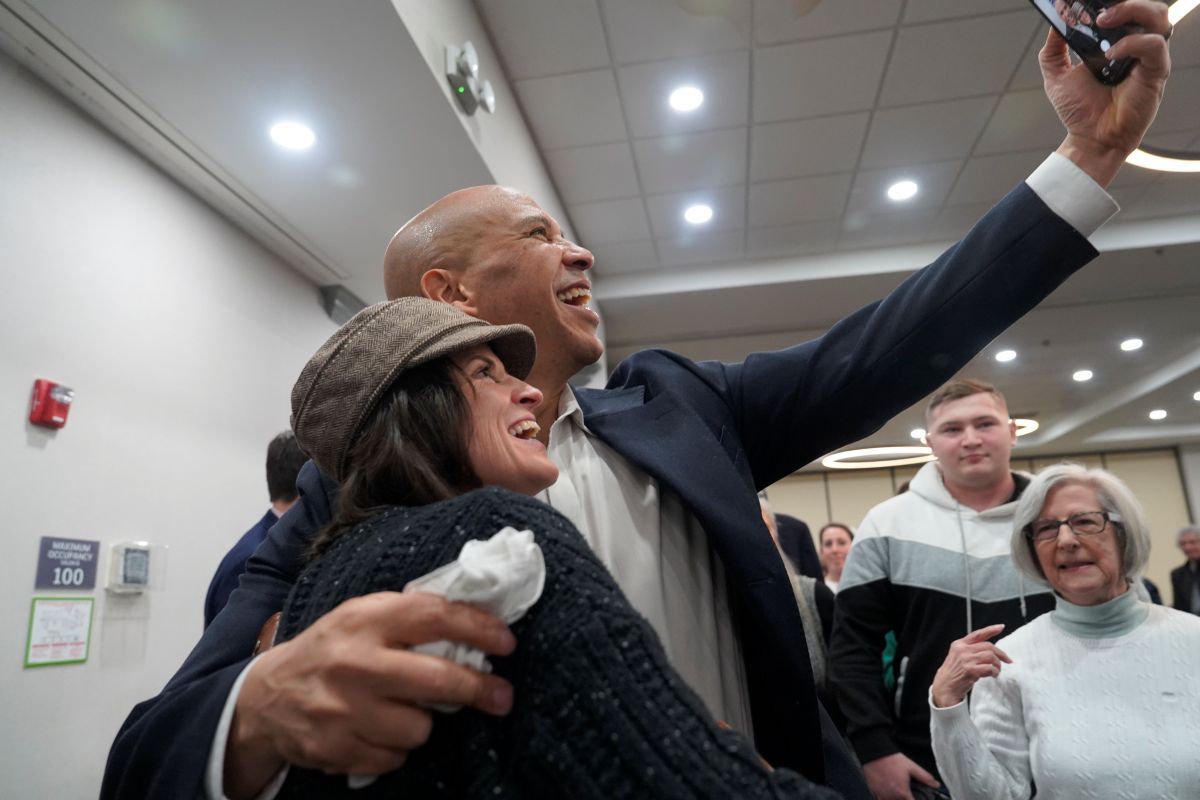By Abraham Kenmore
SCDailyGazette.com
COLUMBIA — Legislation attempting to limit children’s access to social media is backed by GOP leaders in the South Carolina House, but the details of how to verify users’ ages and enforce violations without inviting a lawsuit could be a problem.
The bill would require social media sites such as Facebook and Instagram to verify that South Carolinians with accounts are at least 18 years old or, if they’re younger, they have their parents’ permission. It sets March 1, 2025, as the date when sites would have to begin verifying ages for existing users as well as anyone newly signing up.
The chief sponsor is House Judiciary Chairman Weston Newton, and it’s moving through his committee — but not swiftly. No action was taken at the bill’s first subcommittee hearing Thursday, Jan. 10.
“There are few things as important for us up here than protecting children,” Newton, R-Bluffton, said to open discussion. “There are some who have attacked it as governmental control. It’s actually intended to provide for parental consent.”
The dangers of children’s unregulated access to social media include disrupted sleep, bullying and even sex trafficking, he said.
The proposal would prohibit social media providers from showing ads on the website feeds or pages of South Carolina minors and from collecting most forms of data from them. It specifies parents must be able to see what their children are viewing, including direct messages.
And it says minors’ accounts must be unusable from 10:30 p.m. to 6:30 a.m., unless a parent overrides the restriction. Violators could be fined $2,500 per instance or face lawsuits.
Newton said he based his bill on a law passed last spring in Utah, the first state to pass such restrictions. They’re supposed to take effect this March. A court challenge could prevent that.
NetChoice, a Washington, D.C.-based trade association whose members include Google, Amazon and Meta among others, sued Utah in December, claiming the law is an unconstitutional violation of First Amendment free speech rights. Four other states have passed similar laws since last spring. NetChoice is already suing in three of them too.
Given those court challenges, Newton said he’s working on an amendment that will hopefully avoid one here.
A NetChoice executive said there’s nothing that would make the bill palatable to his group.
The requirement to verify users’ ages eliminates “anonymous speech” opportunities for all South Carolinians, whether that’s to set up an account for a pet or be able to comment online using a fake name, said Carl Szabo, vice president of NetChoice.
He also argued the bill’s exemption of news sites and video game platforms from the requirements gets into dangerous territory.
“I guess the state gets to decide who is or is not news, which is very scary to me as conservative,” Szabo said. “So essentially, what the state has done is violated the First Amendment by deciding who is allowed to speak and who’s not allowed to speak.”
A representative of the largest companies that would fall under the law said it’s an issue that should be handled by the federal government, not the state.
Meta, the parent company of social media giants including Facebook and Instagram, advocates for a national solution for children’s online safety that involves the app stores verifying minors’ ages, not each individual social media app, said Caulder Harvill-Childs, Meta’s public policy manager for the Southeast.
“Given that the internet and digital services do not stop at state borders, we encourage South Carolina” to let the federal government take the lead, he said.
Backers of the bill include the state’s largest teacher advocacy group.
Patrick Kelly of the Palmetto State Teachers Association told lawmakers his only problem with the bill is that it doesn’t go far enough. It should also mandate filters on children’s devices, so they don’t see school fights and other violent or obscene behavior.
“As both a parent and a professional educator, I believe this generation of state leadership has a compelling interest to combat the addictive and negative effects of unfiltered internet access for children,” said Kelly, a lobbyist with the teachers’ association and Columbia-area high school history teacher.
Newton’s bill is a priority for the Legislature’s conservative, faith-based Family Caucus. Another bill on its priority list would additionally filter out any pornographic material from children’s smartphones and tablets.
Abraham Kenmore is a reporter covering elections, health care and more. He joins the S.C. Daily Gazette from The Augusta Chronicle, where he reported on Georgia legislators, military and housing issues.








